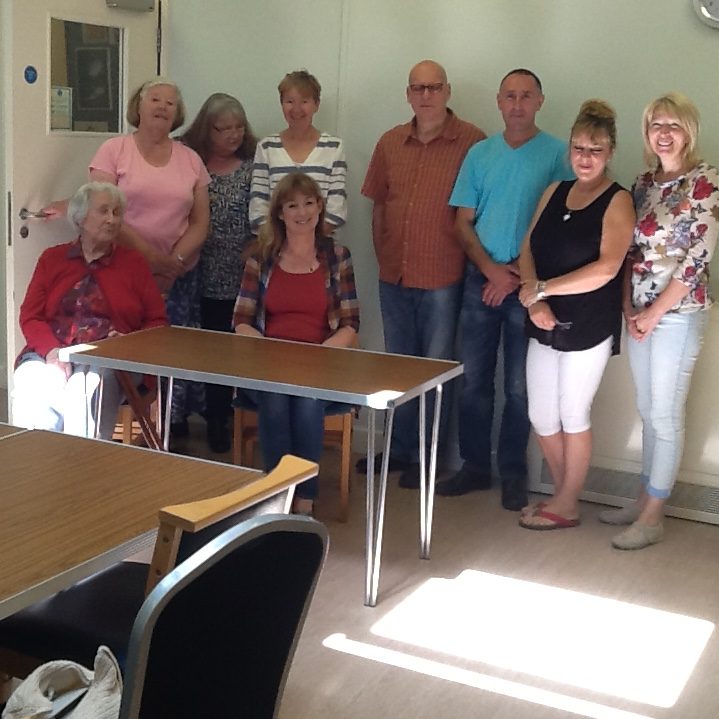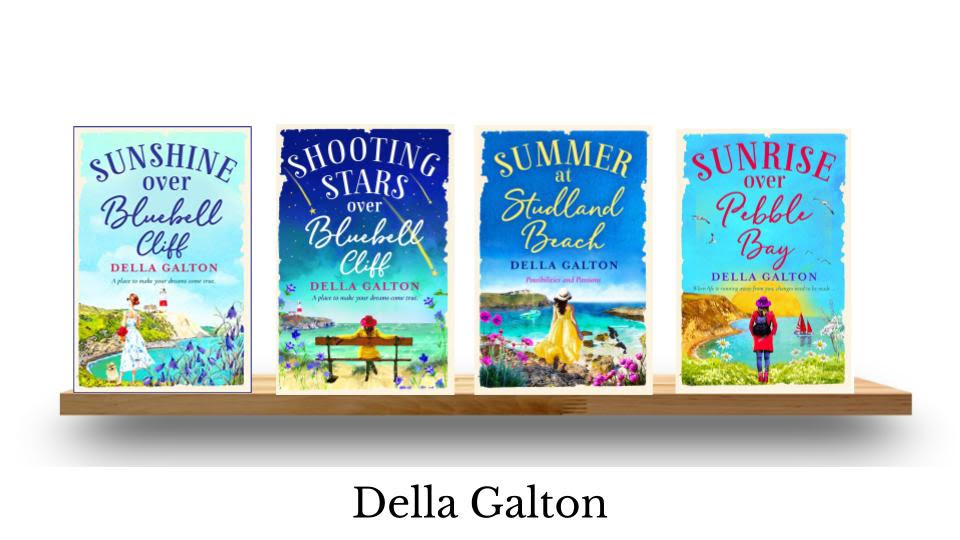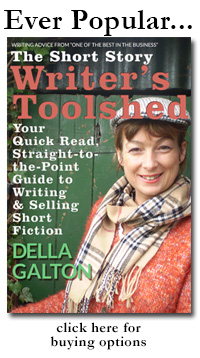Q How do I make my stories less predictable? Particularly if I’m using a common theme, for example, romance? What can be done to stop the reader from working out that the boy and girl who meet at the beginning of the story are not inevitably going to end up in each other’s arms?
A I agree that writing a romantic short story for a magazine is one of the hardest genres to crack, for exactly the reasons you state. Here are some tips that I hope may help.
While the romance is likely to be a little bit predictable, other aspects of the story needn’t be. You might want to try a unique setting. I’ve sold more than one story which featured a romance set somewhere unusual, for example, an ice hotel.
You can also experiment with viewpoint. It’s a common misconception to think that romances need to be told solely from the female perspective. They don’t. A romance told from the male perspective, or possibly even a child’s perspective (providing it isn’t the child having the romance) can work just as well and make your story a little different. You might also want to consider dual viewpoint, a romance told from both the hero and the heroine’s viewpoint. I’ve sold a few of these too.
The romance needn’t be your main plot line either. It could actually be a subplot. Perhaps consider writing a family story, where the romance is relevant to more than one generation or a cozy crime story where the romance underlays the solving of a crime.
Also, don’t forget that it’s possible for the writing itself to be predictable. The use of language and a slightly different style can give romance a new freshness. As can a slightly different structure, i.e. a monologue or diary format.
Q My short stories seem a little dull. What can I do about this?
A If it’s the characters, make them a little quirky. Try giving them conflicting traits, for example, a traffic warden, who ices cakes as a hobby. Or a single parent who is a famous session musician.
If it’s the story that’s dull, try a universal truth. What is your story actually about? In my experience the best stories are ones that highlight some aspect of the human condition. Perhaps an unusual one, for example, children can often teach us more than we can teach them. Or, not all sweet little old ladies are sweet.
Q What is a short story?
A Never forget that a short story is not just a sequence of events. It should have a beginning, a middle and an end. It will probably feature one central character with a problem that must be resolved (by the central character) in a way that is neither predictable nor contrived. Not easy! The main character should also have undergone some kind of change. Maybe they have become a better person – or a worse one?
NB My weekly classes are held on Thursday Evenings, 7-9 and Friday Mornings, 10-12 at Kinson Community Centre, Millhams Road, Kinson. Email me if you’d like more details, or leave a message on this post.
If you would like to know more about writing, two of my writing books, The Short Story Writer’s Toolshed and The Novel Writer’s Toolshed are currently 99p on Amazon if you have a kindle or a kindle app.





Thanks for that Della. Very interesting and useful tips x
Thanks Sue 🙂
Sometimes it feels as though there can’t be any new stories left to tell, doesn’t it? Then we read something really good and realise that’s not the case at all.
I know, Patsy, and I always want to kick myself – why didn’t I think of that!
Such an interesting post Della and so true. Thanks for reminding me. 🙂
Thanks for coming by, Jane 🙂
I’ve sent off quite a few story stories and never cracked the publishing barrier, however, the one story I submitted that was off-the-wall eerie was shortlisted. When I sent this particular story off I had no expectations of it doing well because it was ‘different’. I guess being a little quirky can help after all. Great post Della, thanks 🙂
Maybe the eerie one was the one that was most “you.” I’ve found that if you write the story you’d most like to read, there’s a good chance other people will like it, too. If you try to write something you think someone else will like you may end up with something you’re not 100% into… and they won’t be 100% into it either. With the womag market you have to shape things a little bit to their formula, but that’s mostly superficial things and shouldn’t stop anyone writing the characters, setting and theme they really want to. It’s a writer’s passion that’s most contagious.
That is so true, Douglas. And I think Shelley that he’s right. Funnily enough I’m just about to write a blog about this. The book I shouldn’t have written. But did because I had to. Even though, commercially it was quite a bad plan. Ha! I’ve done it anyway! Thanks for commenting, guys.